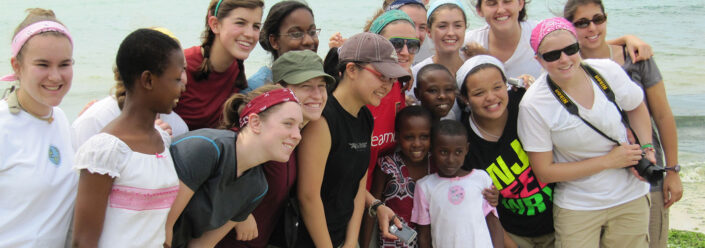Global Health Initiative Program (GHIP)
Is an innovative and interdisciplinary initiative to improve community well-being while generating cutting edge knowledge about development. The Sustainable Community Development in Tanzania study abroad grows out of the GHIP initiative
Through a community engagement approach student from abroad universities will work with communities (in rural Tanga region, Tanzania) to identify, understand and address community problems. Through this engagement, students will learn about approaches to development, theories of development, and the history of development in Tanzania. Students will also gain special insight into a particular issue through their community development project.

Our interns/volunteers will learn different approaches to community engagement. They will then put these theories to practice by working with communities to identify, understand and address pressing community problems.
Again, Experiential learning opportunities let you apply your knowledge and insight within real world contexts outside the classroom, by broadening your experience. You can gain a heightened sense of civic responsibility, sharpen your critical thinking skills, share your unique talents, interests and passions.
Price
| 1-4 Weeks | 5-7 Weeks | 8-10 Weeks | 11-12 Weeks |
|---|---|---|---|
| $300 per week | $280 per week | $240 per Week | $210 per week |
| 1 person | 1 person | 1 person | 1 person |
| Start Date: | Anytime | ||
| Ages: | 18 or over |
GROUP DISCOUNT: 5 to 7 people traveling together everybody gets 5 % discount of the program fee. Above 7 people traveling together everybody gets 10% discount of the program fee.
Program Fee Includes:
- Personal pre-arrival support and advice
- Working permit
- Airport transportation (one ways)
- Accommodation (Host family/or Hostel)
- 3 meals a day
- 5 days Swahili language training, orientation and Swahili Culture
- Possibility to continue Swahili language training during the whole trip
- Local prepaid SIM card registration.
- Daily two-way transportation to your placements (dalla-dalla/bicycle)
- 24/7 personal support and guidance from CVS-Tanzania’s workers
- Certificate of Completion (Upon Request)
In addition to program fee you need to pay your required visa, airline tickets(flights), vaccinations and medical insurance and private transport.